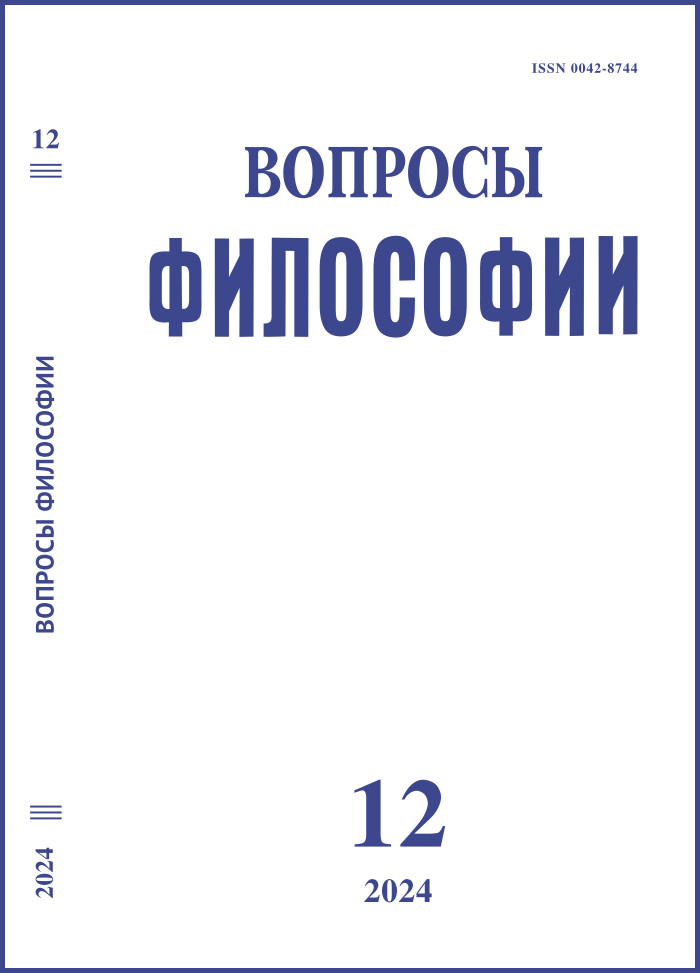Gustav Shpet on William James: the Problem of Expression
DOI:
https://doi.org/10.21146/0042-8744-2024-12-96-101Keywords:
William James, Gustav Shpet, reception, history of Russian philosophy, pragmatism, religious experience, problem of expression, emotion, introspectionAbstract
Nowadays, the reception of William James’s psychological and philosophical ideas in Russia is of particular interest to researchers of Russian intellectual culture. Contemporary philosophers and scholars in the humanities focus on how Russian philosophers and psychologists of the 20th century interpreted his understanding of “religious experience,” clarify the significance of his ideas for the development of academic theology in Russia, identify the socio-cultural prerequisites of his pragmatism, and trace the transformations of this teaching on Russian soil. In this context, the archival materials of Gustav Gustavovich Shpet are of particular interest, thanks to which James’s “radical empiricism” acquires a new, relevant sound for contemporary discussions in the field of interdisciplinary studies of consciousness and the epistemology of religious experience. The article traces the trajectories of Shpet’s reception of James’s ideas (based on published works and taking into account manuscripts preserved in the Russian philosopher’s family archive). Particular attention is given to James’s articles “What is Emotion?” and “On Some Omissions of Introspective Psychology” (both published in 1884), which Shpet chose for translation and subsequent publication in the Reader on the History of Psychology. The conclusion is substantiated that Shpet rethought James’s idea of the typology of “subjective-psychological states” and also transferred his reasoning about emotion as a special kind of expression, as a necessary element in the structure of experience, into the epistemological context

